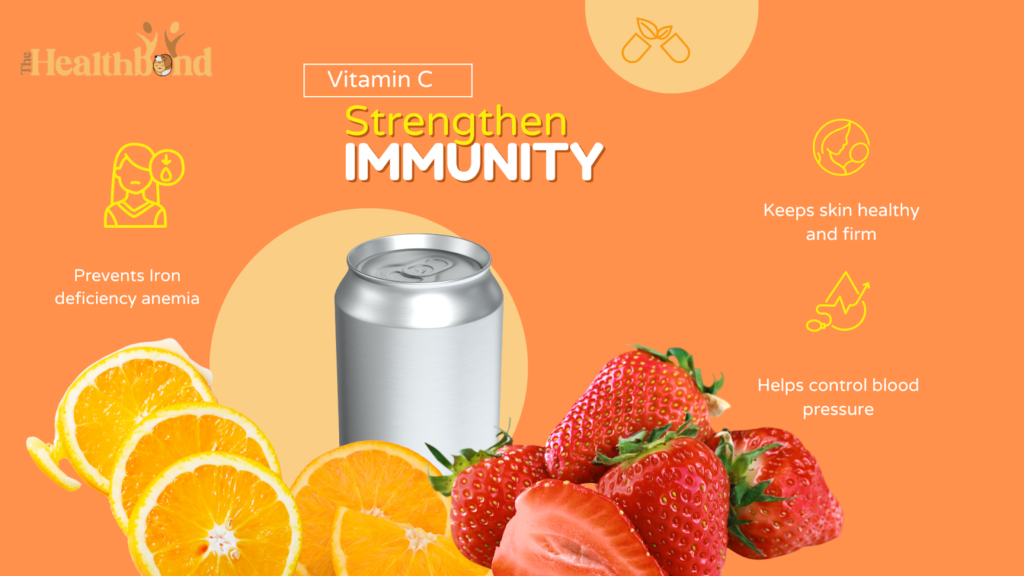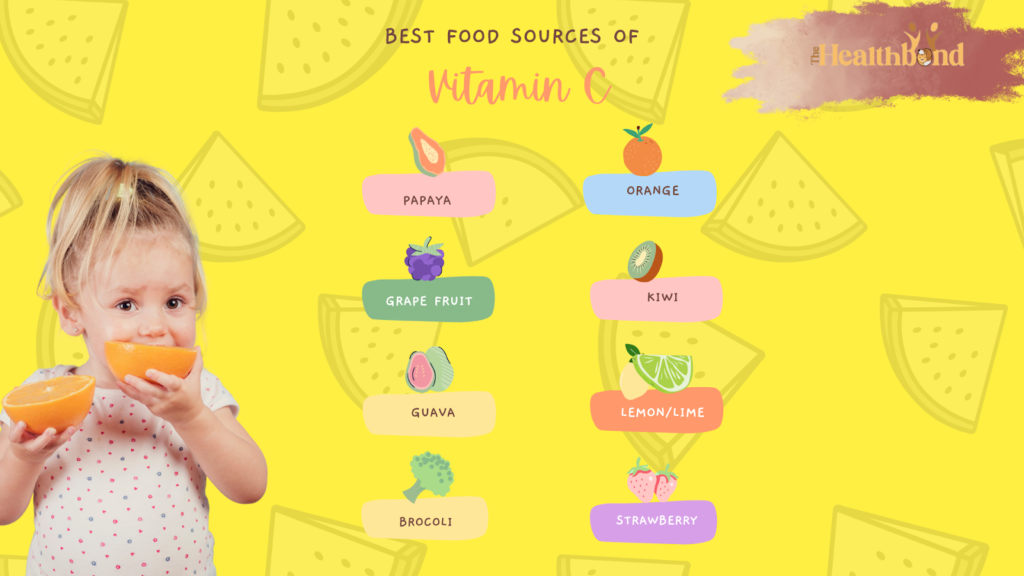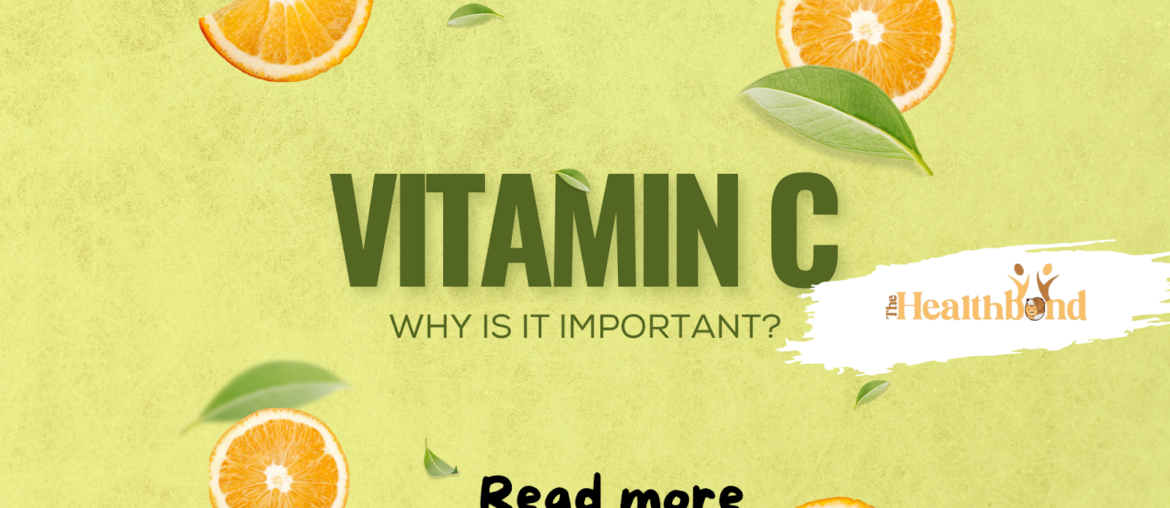Vitamin C is a water-soluble vitamin also known as L-ascorbic acid. It is water soluble, which means that your body doesn’t store it, and unlike other animals and mammals, humans cannot synthesize vitamin C. It is a natural antioxidant found in various fresh foods and is essential to keeping you healthy and your body functioning well.
Importance of vitamin C:
It does not matter if it’s in your skincare routine or simply taking in the form of natural sources like oranges it has various health benefits. It keeps your skin, bones, and connective tissues healthy and helps your body absorb iron. A high dose of vitamin C can help lessen the duration of a common cold as soon as the symptoms occur.
Consuming less than 7mg per day, or around one segment of orange, for more than 4 weeks can lead to scurvy. This can involve bone and blood vessel disease, pain in hands and feet, and bleeding in severe cases leading to death.

Role of vitamin C for chronic diseases:
Vitamin C as a strong antioxidant helps boost your blood antioxidant levels and strengthens your immune system this helps in reducing the risk of chronic diseases like heart disease.
Role of vitamin C for high blood pressure:
Vitamin C supplements have been found to lower blood pressure in healthy adults and those with high blood pressure. so it is beneficial for high blood pressure patients.
Role of vitamin C for blood uric acid:
Several studies have shown that vitamin C helps reduce blood uric acid and protects against gout (a joint disease).
Role of vitamin C for iron deficiency:
Vitamin C supplements help in the absorption of iron from the diet which is poorly absorbed. It is useful for people on a meat-free diet. It also reduces the risk of iron deficiency.
Role of vitamin C for skin:
Vitamin C is known for its skin-lightening properties. It inhibits the production of melanin a pigment that gives skin its color, and leads to lighter skin. It also prevents skin from premature aging and plays an important role in collagen production, a protein that gives your skin its elasticity and firmness.
Food sources of vitamin C:
Fruits and vegetables are the best sources of vitamin C. Some high-content vitamin C fruits and vegetables are:
- Citrus fruit and juices, such as oranges, lemon, and grapefruit
- Kiwi fruit
- Mango
- Papaya
- Pineapple
- Strawberries, raspberries, blueberries, and cranberries
- Watermelon
- Sweet and white potato
- Tomato
- Broccoli, Brussels sprouts and cauliflower
- Green and red pepper
- Spinach, cabbage, turnip greens and other leafy greens

The best food sources of vitamin C are uncooked or raw fruits and vegetables. Cooking vitamin C-rich food or storing it can reduce the vitamin C content. Cooking steaming, and microwaving reduce vitamin C levels. Exposure to light also reduces its content. choose orange juice sold in a carton instead of a clear bottle.
Side effects of vitamin C:
Taking too much vitamin C does not cause significant problems, but if a person takes more than 2000mg of vitamin C a day they will not absorb it all. This may lead to diarrhea and gastrointestinal discomfort.
Vitamin C has a diuretic effect (remove excess water) be sure to drink plenty of fluid when taking them.







